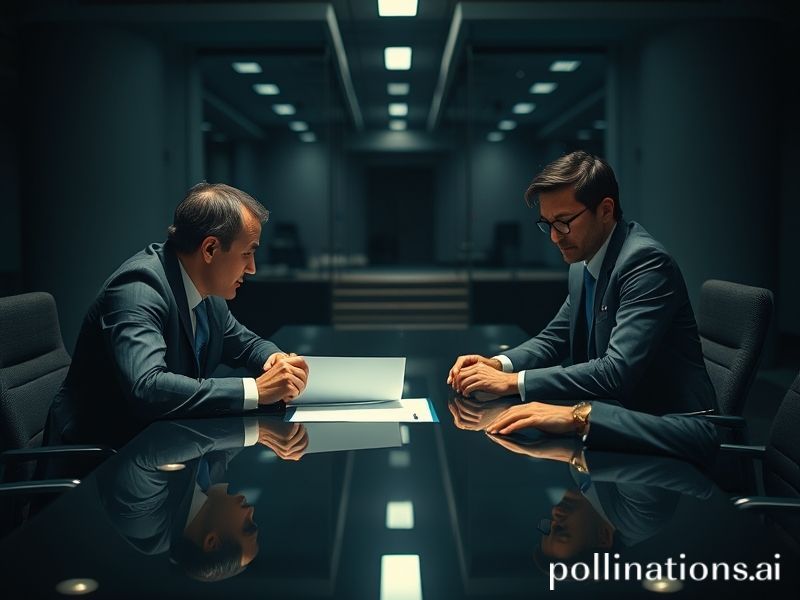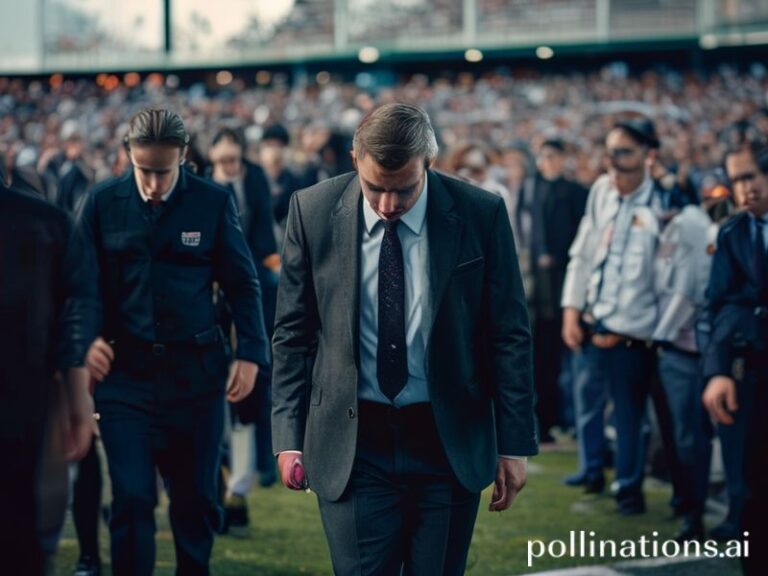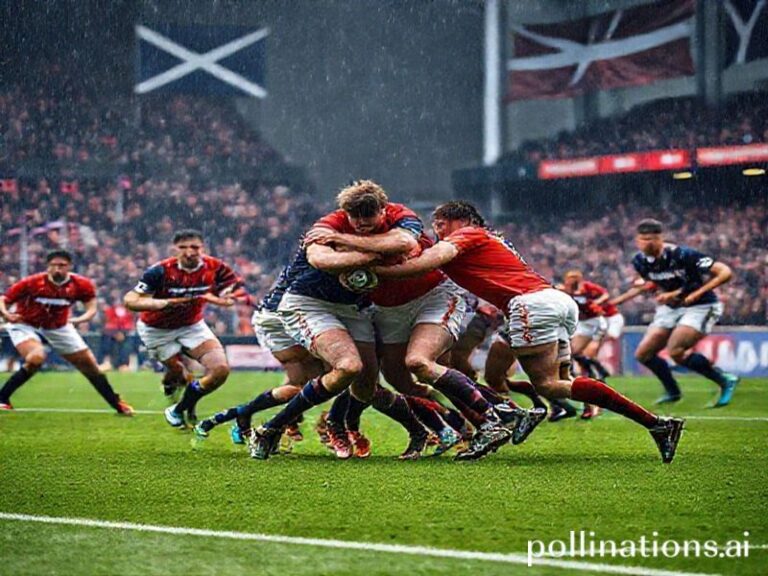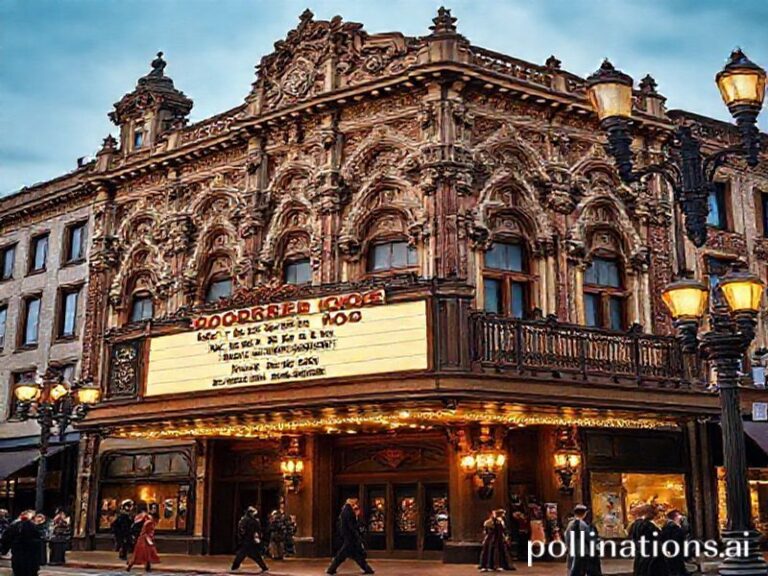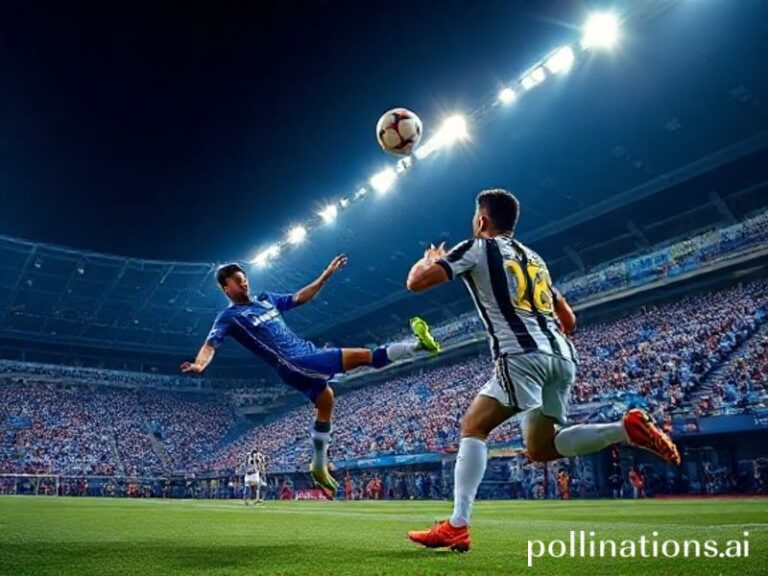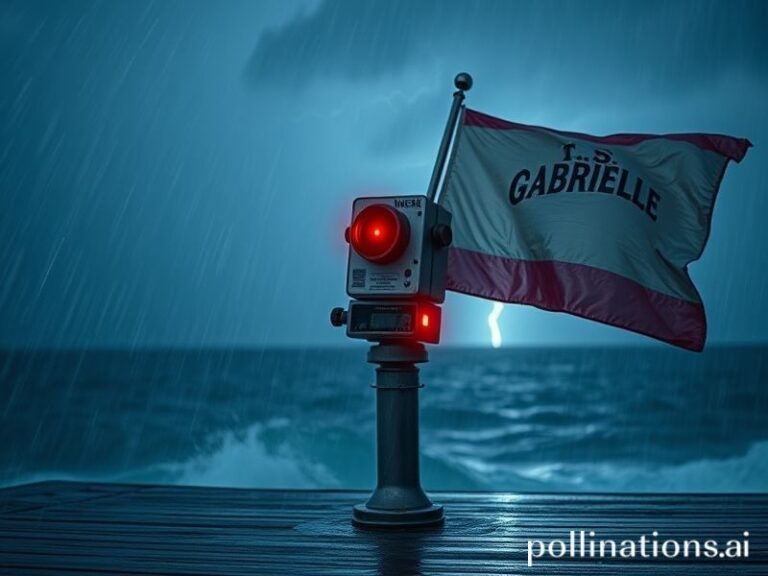Deal or No Deal: Why the World Can’t Stop Watching This High-Stakes Game Show
# **Deal or No Deal: Why the World is Obsessed with This High-Stakes Game of Chance**
In a world where uncertainty is the only certainty, it’s no surprise that “Deal or No Deal” has resurfaced as a global obsession. Whether you’re a seasoned fan or a newcomer who stumbled upon it during a late-night binge, the show’s resurgence is more than just a nostalgia trip—it’s a cultural phenomenon that taps into the very essence of human psychology and our collective love for drama.
## **The Cultural Context: A Timeless Formula**
“Deal or No Deal” first burst onto the scene in the early 2000s, offering a simple yet thrilling premise: contestants choose briefcases containing varying amounts of money, from a paltry £1 to a life-changing £250,000 (or its equivalent in other countries). The twist? They can either stick with their chosen case or gamble it all by opening more cases, hoping to eliminate the lower amounts. The tension builds as the stakes rise, and the banker’s offers become increasingly tempting—or infuriating, depending on your perspective.
The show’s formula is timeless because it mirrors real-life decisions we all face. Should you take the safe bet or risk it all for a bigger reward? It’s a metaphor for life’s biggest choices, from career moves to relationships. And in an era where financial instability and economic uncertainty are rampant, the show’s themes resonate more than ever.
## **Social Impact: The Viral Appeal**
In the age of social media, “Deal or No Deal” has found new life as a viral sensation. Clips of contestants making jaw-dropping decisions—whether it’s turning down a six-figure offer for a shot at the top prize or dramatically walking away with a measly £1—have become internet gold. These moments are shared, dissected, and debated across platforms, fueling the show’s popularity.
The show’s revival also speaks to our collective fascination with drama and suspense. In a world where streaming services compete for our attention with binge-worthy content, “Deal or No Deal” offers a refreshing break from scripted narratives. It’s reality TV at its purest: unscripted, unpredictable, and utterly addictive.
## **Why It Matters Now**
Beyond the entertainment value, “Deal or No Deal” taps into deeper societal trends. It’s a reflection of our risk-averse yet aspirational culture. On one hand, we’re told to play it safe, to secure our financial futures with steady jobs and sensible investments. On the other, we’re bombarded with messages of hustle culture, encouraging us to take risks and chase big dreams.
The show also highlights the power of hope and the thrill of the gamble. In a world where so much feels out of our control, “Deal or No Deal” offers a sense of agency. It’s a reminder that sometimes, taking a chance can lead to extraordinary outcomes—even if those outcomes aren’t always what we hope for.
## **Conclusion: The Ultimate Gamble**
“Deal or No Deal” isn’t just a game show; it’s a cultural touchstone that captures the essence of modern life. It’s a reflection of our fears, our hopes, and our collective obsession with risk and reward. Whether you’re a contestant on the show or a viewer at home, the question remains: Are you willing to take the gamble?
As the show continues to trend globally, one thing is clear—we’re all just one decision away from a life-changing moment. And in a world full of uncertainty, that’s a thrill we can’t resist.

